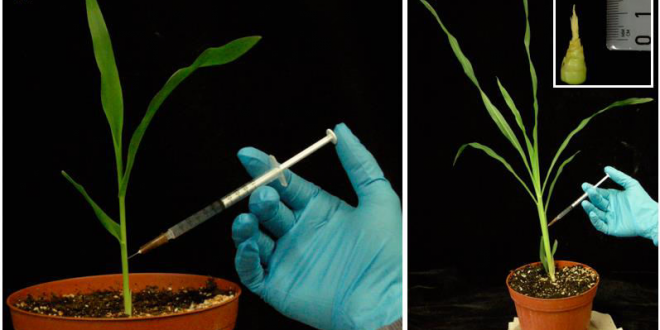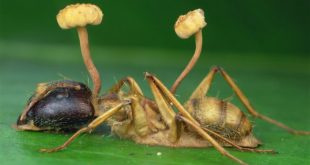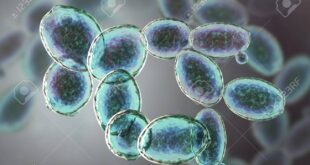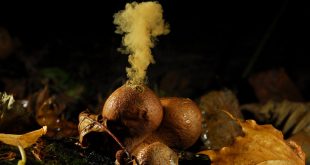Inoculation
Inoculation is the first contact of a pathogen with its host in a place where infection is possible. The pathogen may be in any of its stages of its life cycle.
For example
Best safe and secure cloud storage with password protection
Get Envato Elements, Prime Video, Hotstar and Netflix For Free
Best Money Earning Website 100$ Day
#1 Top ranking article submission website
| Organism | Propagule (One unit of inoculum) |
| Fungi | Spores (both sexual and asexual), Sclerotia (a compact mass of mycelium) Fragments of mycelium |
| Bacteria | Whole individual |
| Mollicutes | Whole individual |
| Protozoa | Whole individual |
| Viruses | Whole individual |
| Viroids | Whole individual |
| Nematodes | Adult or juvenile nematodes or eggs. |
| Parasitic higher plants | Plant fragments or seeds |
Types of inoculum:
- Primary inoculum: An inoculum that survives by remaining dormant in the winter or summer and causes the original infections in the spring or in the autumn respectively is called a primary inoculum and the infections it causes are called primary infections.
- Secondary inoculum: An inoculum produced from primary infections is called a secondary inoculum and it, in turn, causes secondary infection.
Generally, the more abundant the primary inoculum and the closer it is to the crops, the more severe the disease and the losses that result.
Landing of inoculum:
The inoculum of most pathogens is carried to host plants passively by wind, water, and insects. An airborne inoculum usually gets out of the air and onto the plant surface not just by gravity but by being washed out by rain. Only a tiny fraction of the potential inoculum produced actually lands on susceptible host plants; the bulk of the produced inoculum lands on things that cannot become infected. Some types of inoculum in the soil,e.g., zoospores and nematodes, may be attracted to the host plant by such substances as sugars and amino acids diffusing out of the plant roots. Vectortransmitted pathogens are usually carried to their host plants with an extremely high efficiency.
Penetration
Pathogens penetrate plant surfaces by direct penetration of cell walls, through natural openings, or thorough wounds. It is to remember that, penetration doesn’t necessarily cause infection. There are many cells that can be penetrated but yet not susceptible to infection. In this case, the organism can not proceed beyond penetration and die without producing disease.
Bacterial penetration
- Enter mostly through wounds.
- Less frequently through natural openings.
- Never directly through unbroken walls.
Viruses, viroids, mollicutes, fastidious bacteria, and protozoa
- Enter through wounds made by vectors or tools and other means.
Parasitic higher plants
- Enter their hosts by direct penetration.
Nematodes
- Enter plants by direct penetration and, sometimes, through natural openings.


Best safe and secure cloud storage with password protection
Get Envato Elements, Prime Video, Hotstar and Netflix For Free
 Plantlet The Blogging Platform of Department of Botany, University of Dhaka
Plantlet The Blogging Platform of Department of Botany, University of Dhaka






This article opened my eyes, I can feel your mood, your thoughts, it seems very wonderful. I hope to see more articles like this. thanks for sharing.